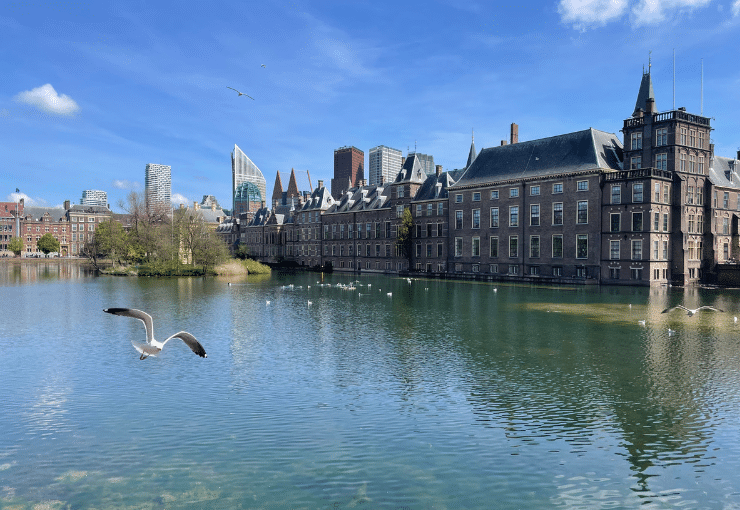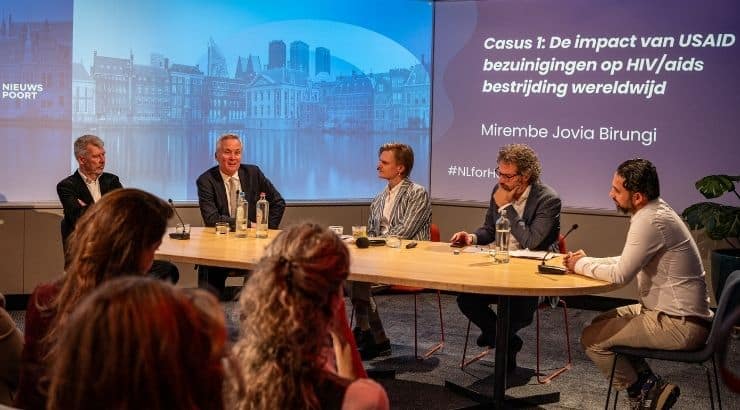Wemos conducted a case study on the application of Dutch Official Development Assistance (ODA) policy instruments for business strengthening in the healthcare context. With our discussion paper “‘Best Public value for public money?’ The case of match-funded multi-hospital infrastructure development in Tanzania”, we share the findings and key points from the in-depth discussions of those findings with civil society and other organisations – in Tanzania and the Netherlands
We looked into the case of a multi-million ORIO (infrastructure development) project for 37 public hospitals in Tanzania, which is match funded by the governments of the Netherlands and Tanzania. The case study was of explorative nature, incorporating desk review and interviews with key informants of the Dutch government, the main companies involved, health professionals, CSOs and researchers in Tanzania.
The principle questions were: “Who pays for, who benefits from and who owns the project?” Further questions for analysis were: “How does this type of development project (potentially) impact on health system goals, including Universal Health Coverage (UHC)” and “To what extent does it respect general aid effectiveness principles?”
Themes that emerged from the case study and that are discussed in the paper, are:
- Sustainability of infrastructural improvements
- Strengthening local private sector
- Universal access to public health services
- Financing arrangement and its impact on fiscal space for health
- Public procurement and the untying of aid
- Social accountability and transparency
The discussion paper provides recommendations for the Dutch government on measures that can be taken to better promote and protect the right to health.
The conducted case study was part of a two-year project on Public Return on Public Investment: Aid for Trade in Healthcare. By means of this project, Wemos aims to contribute to the public debate on finance for health and quality of aid, both in recipient and donor countries, and in relevant multilateral institutions.
Our findings are especially relevant now that the so-called ‘Maximizing Finance for Development’ (MFD) approach of the World Bank (WB) is rapidly unfolding, which featured in the UN high-level meeting on financing the 2030 agenda for sustainable development recently (24th of September) and will feature during the upcoming IMF-WB annual meetings in Washington from the 14th till the 20th of October.
In the MFD approach, healthcare is seen as an important sector for investment. If the WB and its Member States do not take proper measures and safeguards, this development approach pushes healthcare more towards profit-making market forces, away from public responsibilities and governments’ human rights obligations. Economic justice and public investment are needed to reach an SDG like UHC by 2030: equitable access to essential health services for all, based on health needs and not the ability to pay.
During the IMF-WB annual meetings, Wemos is co-hosting a side event on this issue. See our session ‘Leveraging Private Sector Engagement in Health: Maximizing or obstructing progress towards Universal Health Coverage?’ on the Civil Society Policy Forum’s schedule for the 18th of October.




